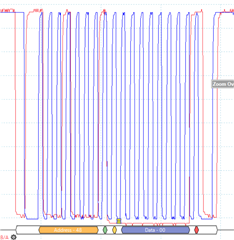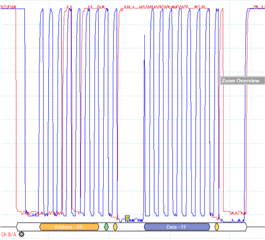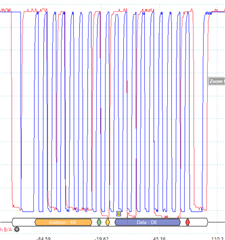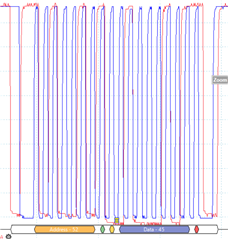Hello all
I copied the peripheral>twi_scanner example and adapted it to the nRF52833 chip on our custom board.
I have 4 chips (0x0b, 0x48, 0x52, 0x68) that use I2C on the custom board.
If I simply connect / erase / download the program, "no device" is found
If I debug (F5) the program and step through, the devices are found.
What am I missing?
The way I will go about it is the following:
Attempt 1) Compare debug and release configurations, adapt if needed
Attempt 2) Build the twi_scanner code step by step, see if any command is "board specific" and cannot be adapted from nRF52840/nRF52833 to our own board
Any other ideas?
Thank you, in advance, for your time and help.
Tell me if there is anything I can share (preprocessor directives, code, details about the custom board...)
Have a great Friday
Jerome







